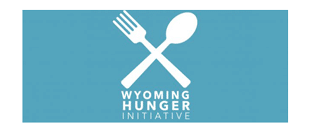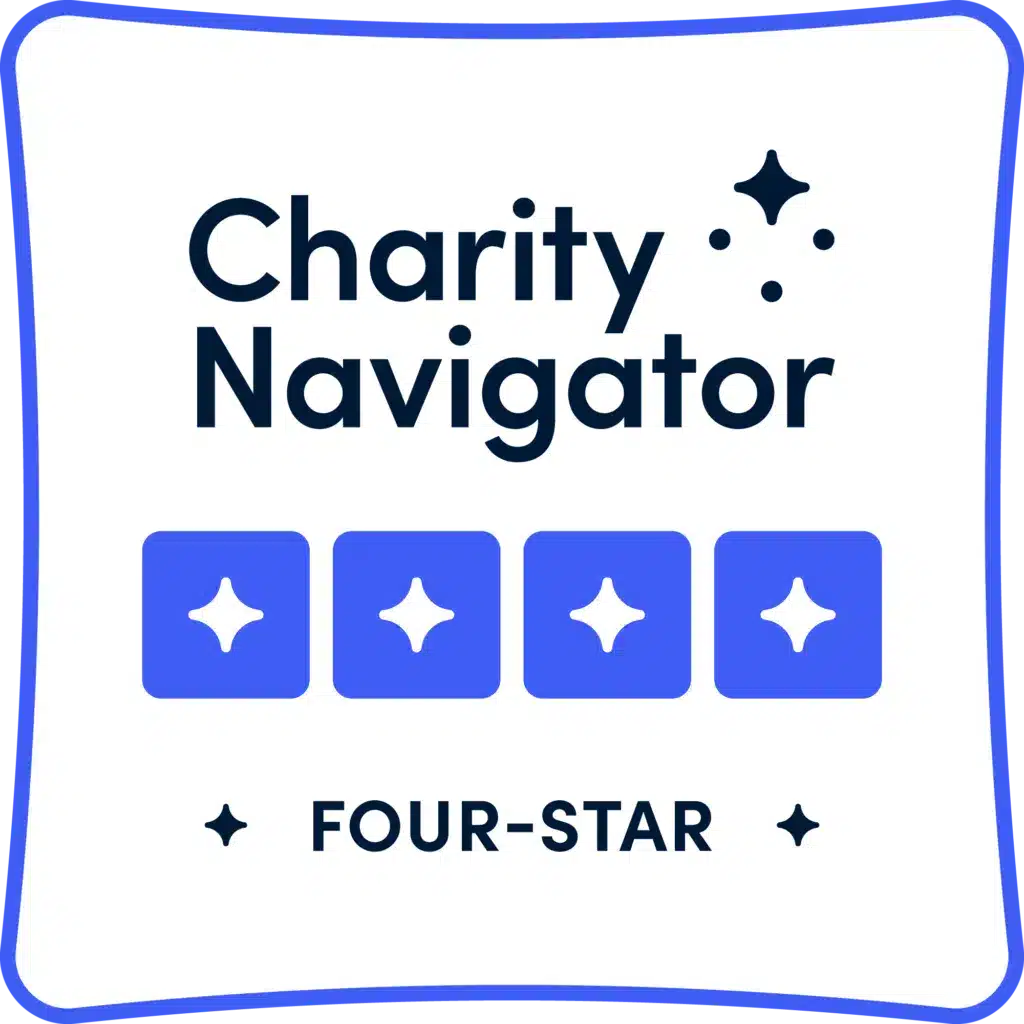Smart Ways to Give
Some donations give back more than a good feeling.
Did you know there are ways you can donate that actually benefit you as well as Food Bank of Wyoming and the communities we serve? There are several options for giving available to you and your family—including stocks, IRA charitable rollovers, Donor Advised Funds, and estate gifts—that can not only create more impactful and longer-lasting gifts but can also offer you tax advantages. Talk about a win-win (win!) situation.
When you discuss with your financial advisor, be sure to mention our Tax ID: 84-0772672.

STOCKS & SECURITIES

Donating stock and securities doesn’t have to be complicated.
When you donate securities, you make an outsized impact without taking money directly out of your bank account. Plus, neither you nor Food Bank of Wyoming will be taxed on the gains for appreciated assets you donate.
Gifting stocks—an example.
Chris decides to donate $1,000 to Food Bank of Wyoming. They have stock with an original value of $700 but now worth $1,128.55. Assuming a capital gains tax rate of 30%, selling the shares for cash would equal around $1,000 after tax, which they could then donate.
However, if they donated the stock directly to Food Bank of Wyoming, it would be worth the full $1,128.55 since that avoids capital gains tax. Chris can also claim the gift as tax deductible. That’s a plus for everyone.


Want to learn more about how to donate stocks and securities?
Ask your financial advisor if this option is right for you.
IRA CHARITABLE ROLLOVER

Give from your Individual Retirement Account (IRA) through a Qualified Charitable Distribution.
A Qualified Charitable Distribution (QCD) is a tax-efficient way for those 70 ½ or older to donate from their IRA, while also counting towards your annual Required Minimum Distribution. For those who are at least 73 years old, QCDs count toward the IRA owner’s required minimum distribution (RMD) for the year. The IRS allows up to $108,000 in QCD donations from an IRA. Any amount above this limit will not qualify as a tax-free QCD.
Big benefits for retirees.
If you’re aged 70-1/2 or older, you can make a Qualified Charitable Donation (QCD) from your IRA, also known as an IRA charitable rollover, and receive financial benefits while knowing you’re helping us meet the challenge of hunger wherever it rises.
Since this needs to come directly from your plan administrator, you need to work with them to set up this contribution. Benefits include:
- Ability to donate up to $108,000 per person per year without it being considered a taxable distribution
- Lower your Adjusted Gross Income (AGI)
- No need to itemize deductions to qualify
- Help meet your Required Minimum Distributions (RMDs)
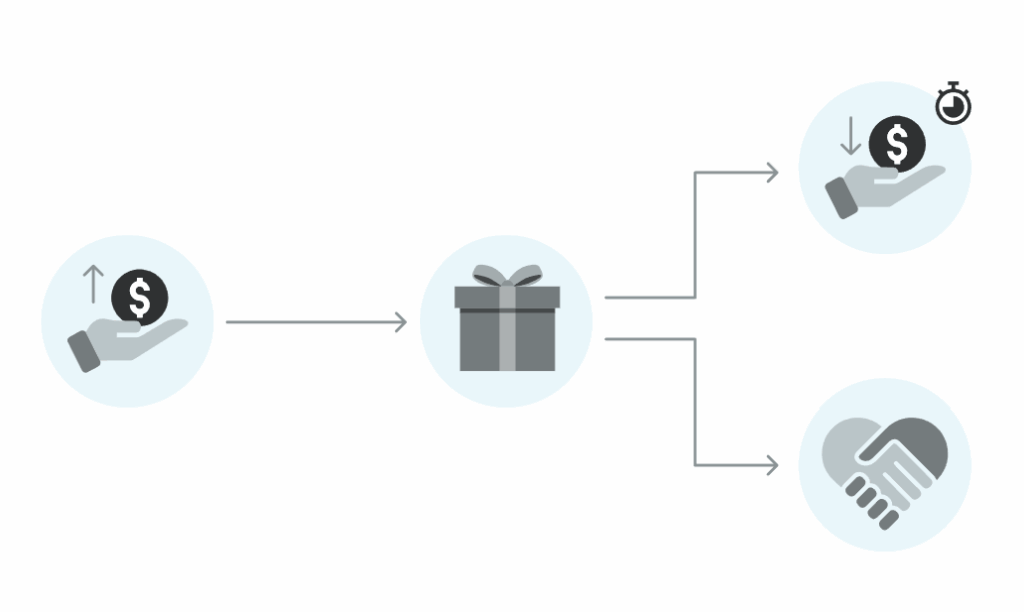

Want to learn more about IRA Charitable Rollovers?
Contact your plan administrator for more information and be sure to discuss this with your financial advisor.
DONOR ADVISED FUNDS (DAFS)
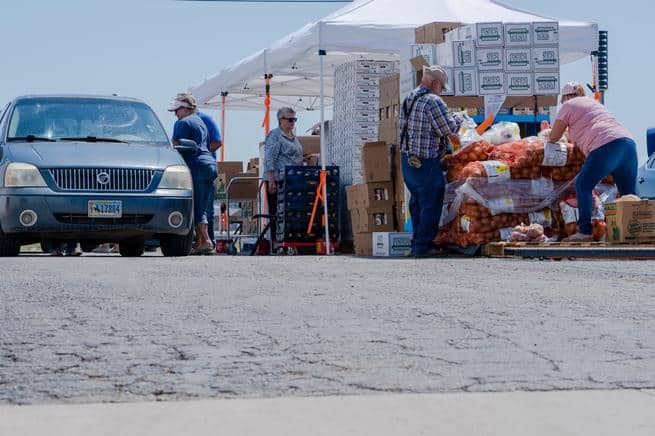
Consider us for your DAF contribution.
Donor Advised Funds (DAFs) continue to be one of the fastest-growing charitable financial instruments, due to their flexibility and tax advantages. If you have a DAF or are thinking about starting one, please consider Food Bank of Wyoming for a potential contribution.
We take our commitment to financial transparency and efficiency very seriously, and we would love to demonstrate the incredible good your contribution can do here.
Donate directly from your DAF.
DAF Direct is a service that allows you to recommend grants to Food Bank of Wyoming directly from your DAF, if your sponsoring organization is participating. Currently, Schwab and Fidelity DAFs are eligible for direct contribution through this service.
If your DAF is with a different sponsoring organization, please contact us to see the best way to proceed.
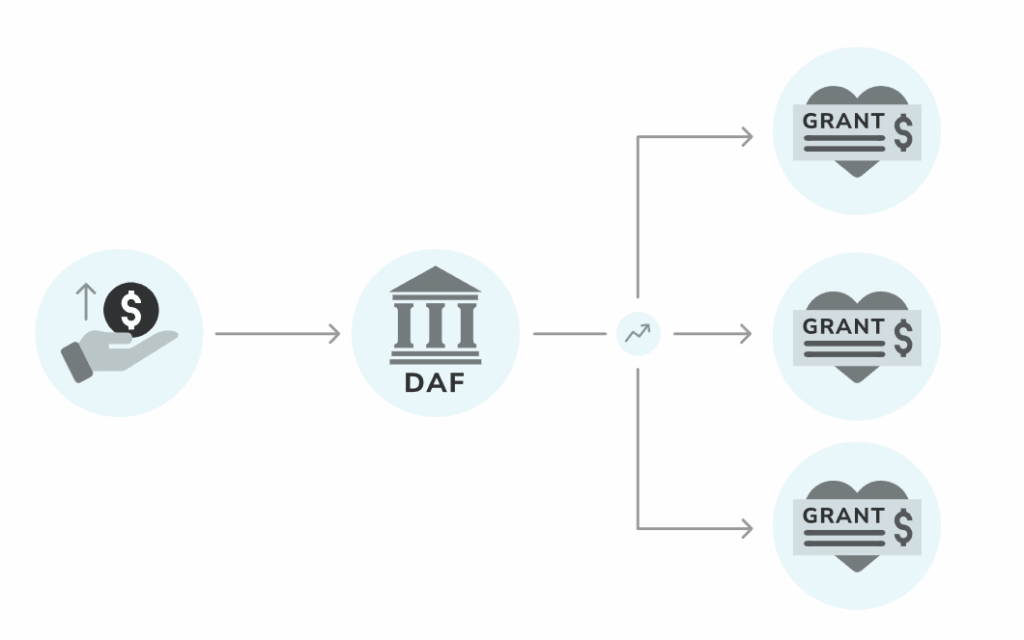

Interested in Donor Advised Funds? Talk with your financial advisor to learn more.
ESTATE PLANNING

Your legacy of helping.
Including Food Bank of Wyoming in your will or estate plan is a gift that shows your true commitment to helping the most vulnerable in our communities. Your name will join others who have remembered us in their wishes.
The benefits of estate planning.
- A specific gift or bequest in a will or living trust
- A residuary gift in your will or living trust- the remainder of what is left in your estate once your wishes for family and friends are met
- Beneficiary designation on an account such as a bank, retirement, or life insurance policy




